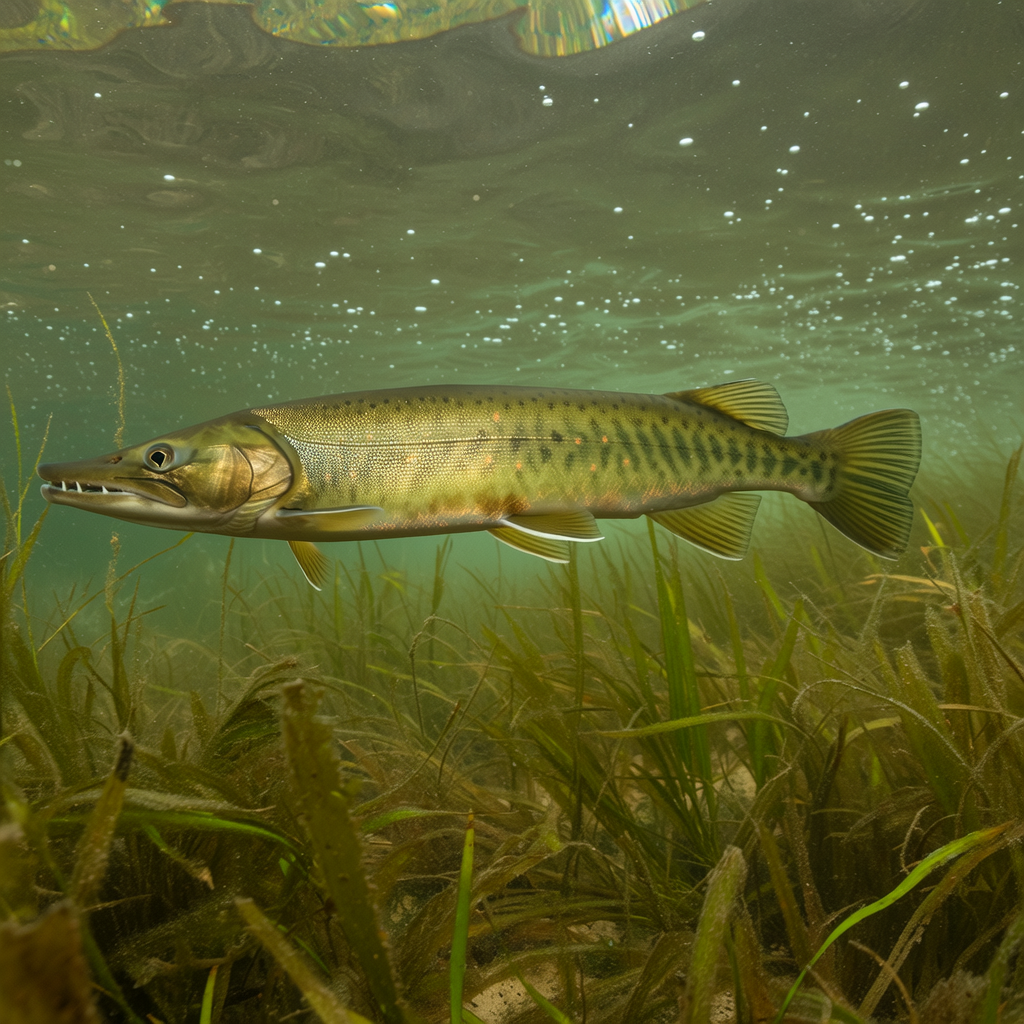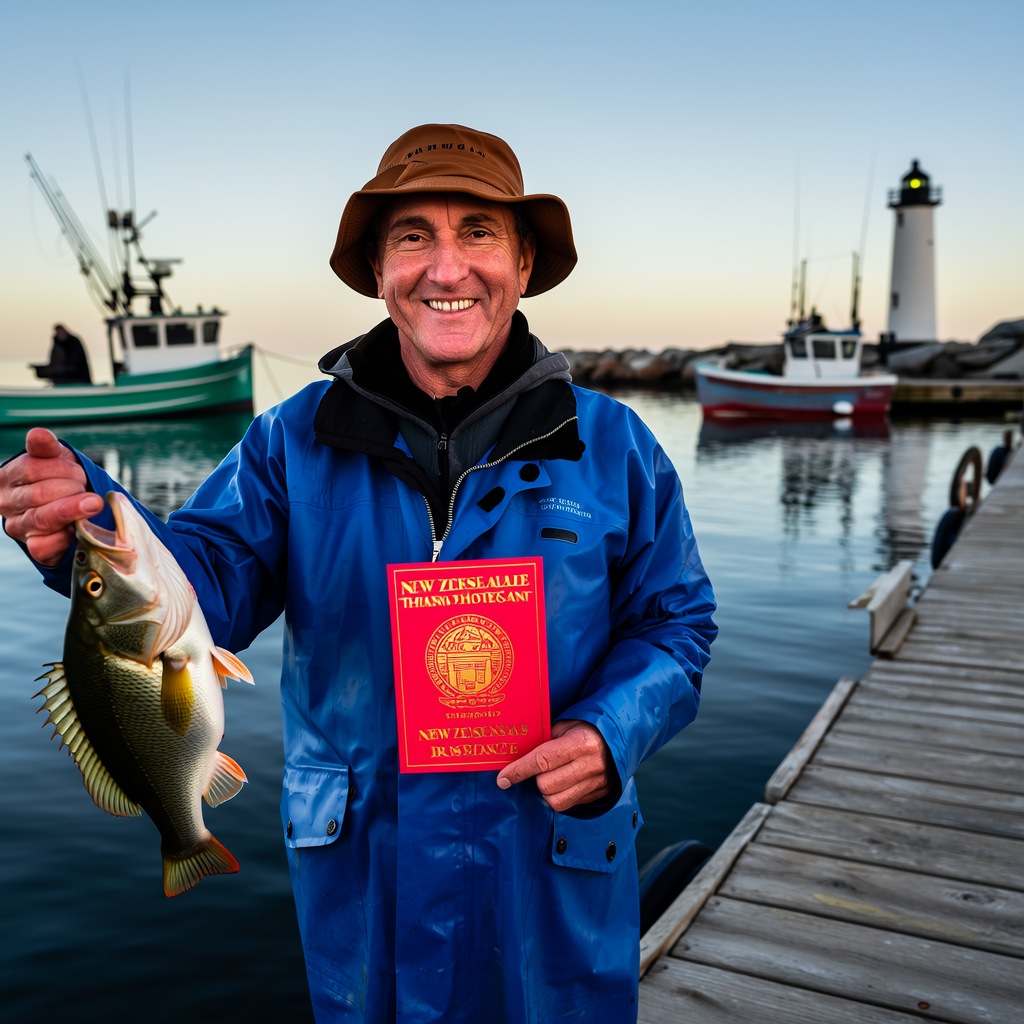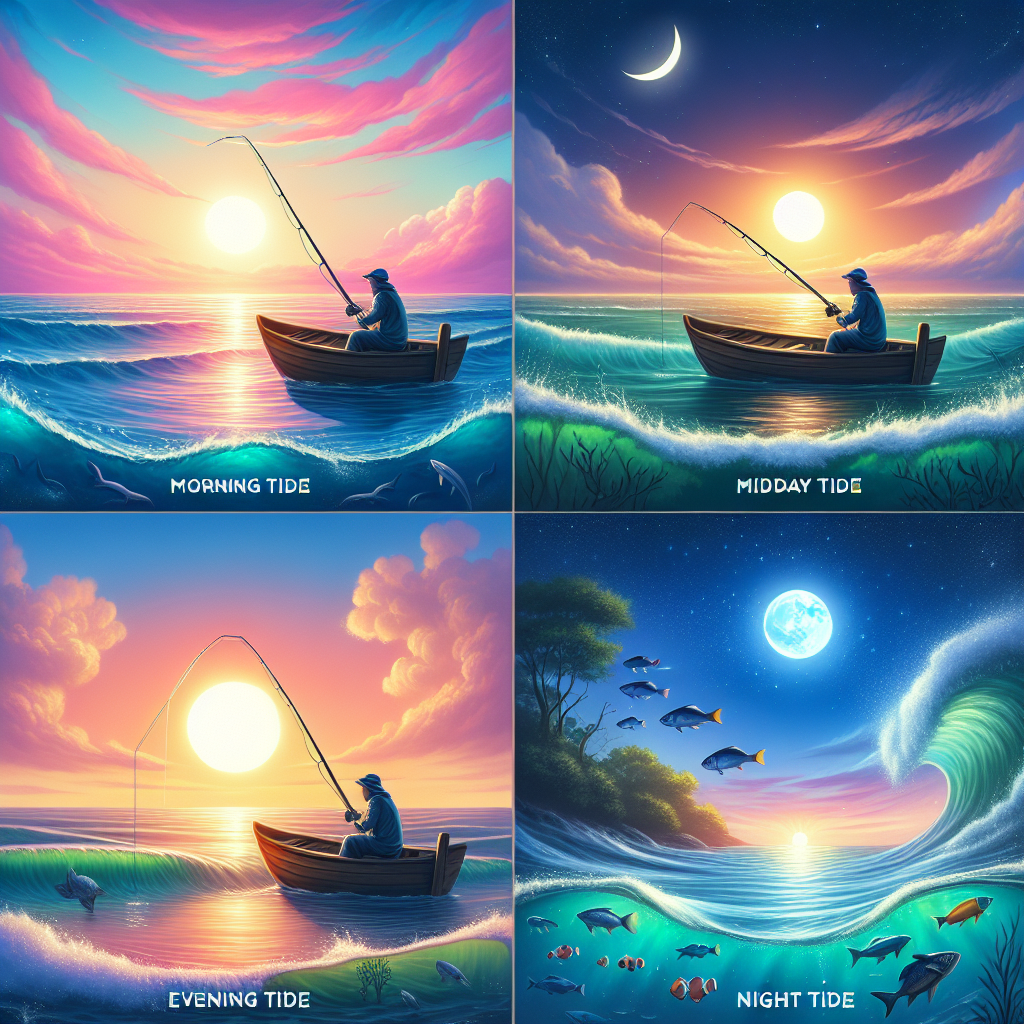Introduction
Fishing is an activity that people of all ages enjoy. In most jurisdictions, a fishing license is required to fish legally. These licenses are used to protect the environment and wildlife, as well as regulate and conserve fish population. This article will explain the age requirements to obtain a fishing licence, so you can better understand the legal obligations that come with fishing.
Why Do You Need A Fishing License?
Typically, fishing licenses are issued by government agencies that are responsible for managing fish populations in their jurisdictions. These licenses help to control fishing activity and ensure the sustainability of fish stock. The fees collected through fishing licenses is often used for fishery enhancement programmes, habitat conservation and educational initiatives that promote responsible fishing. You can help protect and preserve aquatic resources by obtaining a license.
The Minimum Age Requirement
The question “At what age do I need a fishing licence?” is one of the most frequently asked. The minimum age for obtaining a license can vary depending on where you live. In many places, children below a certain age do not need a fishing licence, but older people must have a valid one. To avoid legal consequences, it is important to become familiar with the local fishing laws and regulations.
Age Requirements for Location
The age that an individual must be to obtain a fishing licence can vary from one location to another. Take a look at some of the most common locations to see what age is required.
United States
In the United States the age requirements for fishing licenses are usually determined at the state-level. Each state has its own rules and regulations for fishing licenses. Some states may not require a fishing license for young children, while others may have an age requirement of 16 years. To determine the minimum age, it is important to contact the wildlife agency or department of the state.
Canada
In Canada, the provincial or territorial government is also responsible for determining the age requirements to obtain a fishing license. In the United States there may be age requirements or exemptions for children under 16 or 18. Each province or territory has its own guidelines. It is important to consult the wildlife agency in each province or territory for accurate information.
United Kingdom
Anyone over the age 12 in the United Kingdom must have a fishing rod license issued by the Environment Agency to legally fish in England, Wales or the Border Esk area of Scotland. There are several types of licenses, including junior licenses between the ages of 12 and 16 as well as adult licences for those over 16 years old. Scotland and Northern Ireland may have different fishing regulations and license requirements than England and Wales.
Australia
In Australia, a fishing license is not generally required for recreational fishing. There are exceptions, depending on where you live and what fishing activities you intend to do. Some areas require a fishing license to fish in saltwater or for certain types of fish. You should check with your local fisheries authority or department to find out the rules and regulations in your area.
New Zealand
In New Zealand, anyone over 18 years old is required to have a fishing licence. There are different regulations for saltwater and freshwater fishing, as well as age requirements. To ensure compliance, it is important to become familiar with local fishing regulations. Consult the Ministry for Primary Industries and other relevant authorities.
Benefits of a Fishing License
Although it may seem like a bureaucratic burden, obtaining a fishing licence has many benefits for both anglers as well as the environment. Let’s look at the benefits:
Legal Compliance
A fishing license is a way to ensure that you adhere to the laws and regulations of the authorities. It can help prevent any unwanted legal complications and penalties that could arise from fishing without a license.
Conservation Efforts
By purchasing a license to fish, you are contributing to conservation efforts aimed at protecting the fish population and their habitats. The money generated by fishing licenses is used to fund restocking programmes, habitat restoration, education, research and research in order to promote sustainable fishing.
Access to Restricted Areas
A fishing license may be required to access certain bodies of water or fishing spots. A valid license allows you to explore more fishing spots and experience a variety of fishing opportunities.
Community Support
Fishing licenses fees are often a major source of income for local communities who rely on fishing for recreation. These funds can be spent to improve fishing facilities, maintain access points or develop tourism related to fishing.
Education and Outreach
Many fishing license programs dedicate a portion of their revenue to educational initiatives and outreach programmes. These efforts are aimed at educating anglers on the importance of sustainable practices, ethical fishing, and conservation measures in order to protect and preserve fish population for future generations.
How to obtain a fishing license
Understanding the process for obtaining a license is important to ensure that you are in compliance of the fishing regulations in the area. Here are the steps to take:
Research the Requirements
Research the requirements for fishing licenses in your area. Visit the website of the local wildlife agency, the fisheries department or an equivalent governing body for accurate and current information about the license types, fees and age requirements.
Select the Right License
After familiarizing yourself with the regulations and your own needs, you can choose the right type of fishing licence. Depending on the length of your fishing activity, your age, your residency status and your current situation, you may be able to choose from different options, such as an annual license, a short-term license or even a lifetime license.
Gather the necessary information
Be sure to have all required information and documentation ready before applying for a fishing licence. This includes your identification documents as well as proof of residence, social security numbers, and other supporting documents that may be required by the issuing authority.
Submit the Application
Online applications are available for most licensing processes, but some jurisdictions still require that you submit a paper application. Fill out the form correctly and provide all requested information. Check for errors and omissions twice before submitting your application.
Pay the Fee
You will be required pay the license fee after submitting your application. The license fee may vary depending on license type, duration and any additional privileges that come with the license. Make sure you have enough funds to complete the payment.
You can carry the license and receive it.
Once your application has been approved, you will be sent your fishing license. Keep a copy of your fishing license, whether digital or physical, with you when you go fishing so that you can provide proof of compliance if asked by enforcement officials.
Conclusion
Anyone who wants to fish legally must have a fishing license. It is important to be familiar with the local regulations, as they may differ. Remember that fishing permits contribute to the conservation of fish populations, protection of the environment, and support for local communities. By obtaining a license and adhering to the rules and regulations you can enjoy the wonderful fishing experience while helping to preserve our precious aqua resources for future generations.




